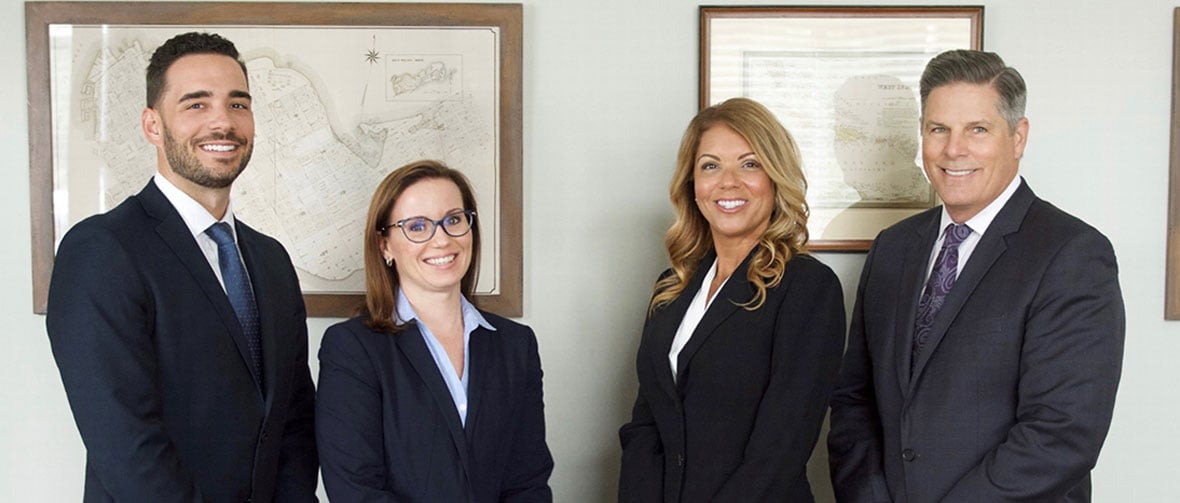One of the primary goals in every construction project is their safe and timely completion. Realistically, however, many things can lead to project delays. One of these delay-causing factors is the weather.
The most severe conditions can lead to project holdups, whether extreme heat or cold, windy or stormy weather.
How Does the Weather Cause Delays?
Different types of weather can cause complications for any construction project – and even extreme temperatures can lead to delays. The most common weather-related issues that lead to project slowdowns include:
- High temperatures: Too hot weather can cause water in mortar to evaporate, making it challenging to work with the material. High temperatures can also be dangerous for construction workers working hours under the sun.
- Low temperatures: Too cold temperatures can also make cementing difficult, as it can slow down cement hydration and weaken the material’s bond. Workers may have to take additional steps to ensure this freezing doesn’t happen.
- Rainy weather: Rain and lightning can be hazardous for construction workers, especially in high-rise projects that expose them to the elements. Rain also prevents further work on a project until everything dries up.
- Windy weather: Extreme wind speeds also pose a fall risk for workers. High winds can cause equipment and materials to fall, endangering anyone below.
Who is Responsible for Weather-Related Delays?
Construction contracts typically outline how to handle weather-related project delays. They also outline whether the contractor receives project extensions for problematic weather conditions they couldn’t have adequately anticipated. Called force majeure clauses, these parts of the contract trigger during events outside the control of building managers and contractors, such as natural disasters.
But for contractors to claim force majeure as a reason they couldn’t complete a project in time, they must prove that the weather event was not reasonably foreseeable. Suppose a judge determines in a dispute over project delays that the extreme weather event was reasonably foreseeable. In that case, the contractor is considered to “own” the risk since they failed to protect and prepare themselves.
Disputes over construction delays are incredibly complicated, especially if extreme weather is the reason for the holdups. Contractors and building owners who want their rights protected during such cases may want to hire an attorney knowledgeable in construction law. An attorney would also be useful in drafting a construction contract so that the terms properly account for weather-related delays.






